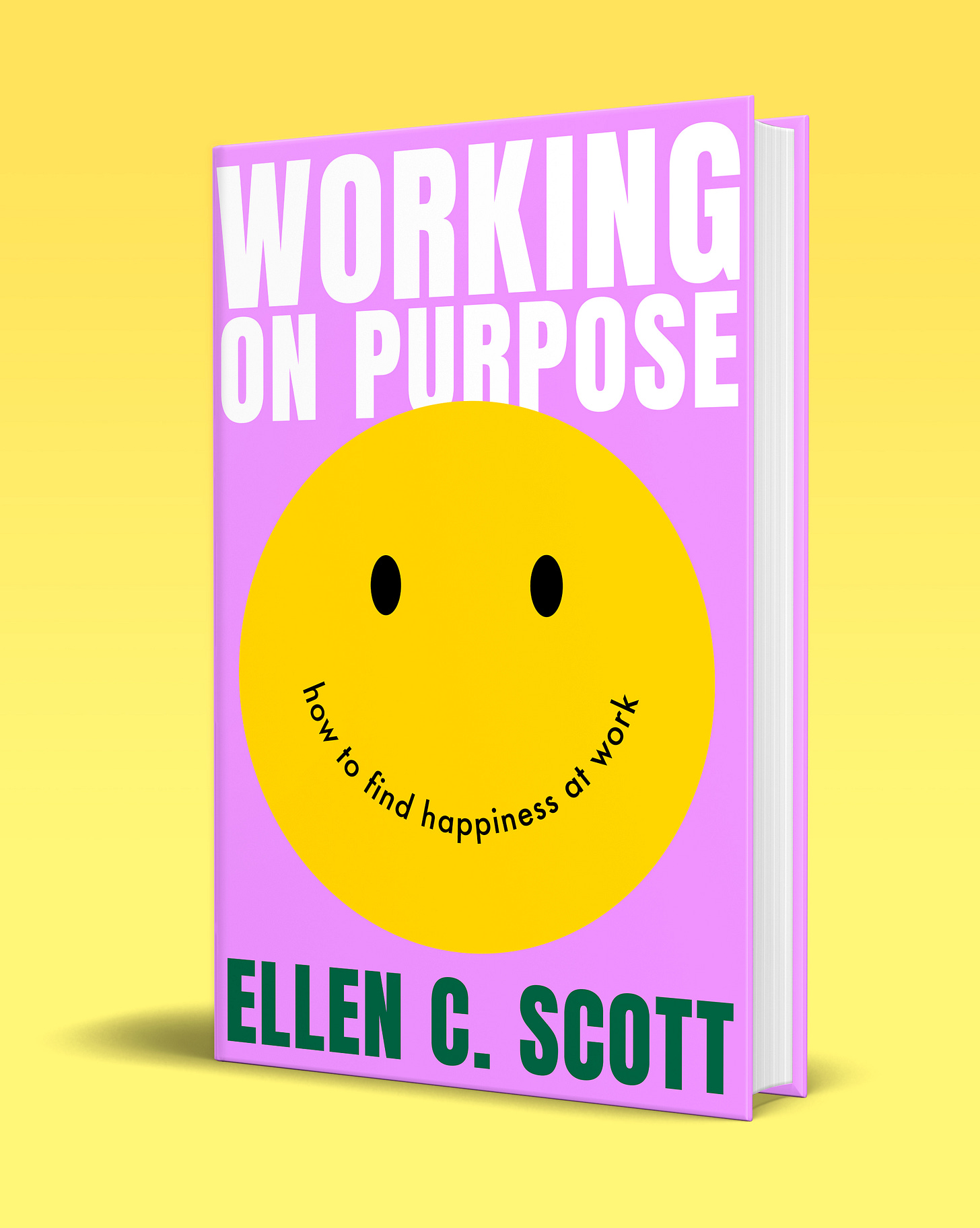Ever since we were first taught to go to shops and hand over printed out copies in the hopes of a Saturday job, cover letters have been an annoying chore. We’re told by teachers, and books, and parents, and the shouty notification that you can’t hit ‘submit’ without the right attachment that cover letters are essential to getting a role. And you can’t just half-arse them. Each one should be tailored to the specific job at hand, and must appropriately introduce you to potential bosses as the very first impression.
Everyone at some point in the desperately-trying-to-get-a-job process will have the moment when they despair. Everything you need to know is on my CV, you think. Do I really have to write a whole letter explaining why I want this job, as if the primary reason isn’t ‘I need money’? This point is usually followed by dropping standards. You don’t really need to customise each letter to each role, right? You make a template and swap out the name of one company for another. You ask a mate what theirs says and blatantly copy it. You search up ‘cover letter templates’ and fill in the spaces.
At least, that’s what we used to do. Now, people can just ask ChatGPT. And frankly, why shouldn’t they? Is getting AI to write a cover letter for you really that different from using a stock template? And considering all the hoops we have to jump through to make it through hiring processes, all the unpaid labour we have to commit in the hopes of one day getting money, doesn’t it make a lot of sense to cut this particularly fumblesome corner?
I’ve been on the other side of the process quite a few times recently, sifting through hundreds (it must be in the thousands, now I think about it) of applications like an exhausted truffle pig. In the past few years, a lot of these cover letters have been easily identifiable as having been written by AI. At first, this realisation made me bristle. As an editor, the majority of the jobs I’ve hired for are for writing positions. When I talk to other people in the industry, the frustration is palpable. ‘They’re meant to prove themselves as good writers and they can’t even be bothered to write a cover letter,’ is a sentiment I’ve heard a lot. The lack of care is sometimes very evident. Often it’s not just the cover letter that seems to be AI-ed, but the entire application. I’ve seen multiple people filing identical cover letters for jobs with not even a single word switched. Working at a publication called Stylist means I’ve lost count of how many applications I’ve seen ‘for the role of stylist’ from people with no interest in or experience of journalism, clearly fired out by a keyword scraping tool.
But, again, why shouldn’t people take the easy route? Why should those hunting for a job have to put in so much work and effort when the most common outcome is hearing nothing back? Employers are increasingly using AI to do significant chunks of the recruitment process for them1; automating the filtering out of unqualified candidates, scanning CVs, and even doing virtual interviews and tests where you don’t even see another human. If employers aren’t putting in the effort – and considering how time-poor everyone is and how little support accidental managers get in trying to juggle recruitment with their actual job, who can blame them – why should people on the other end?
Should you use AI to apply for jobs? I’m supposed to say no. When I’m confronted with hundreds of applications that are completely unsuitable for a role, I certainly want to say no. But instead my answer is: yes, if you want to, but…
Check over your cover letter before submitting it
Make sure that if you’ve got AI to do your cover letter, it still has some human eyes on it before it’s uploaded. I’ve seen a few ‘Would you like any tweaks or additions?’ at the end of cover letters, clearly leftover from copy/pasting from generative AI – make sure to delete that dead giveaway! Remember that AI can be prone to ‘hallucinations’, about both you and the job you’re applying for. You can absolutely get AI to do the faff of writing a cover letter for you, but you do still need to make some effort in reading it over to ensure it’s accurate.
If it’s a job you really, really want, you should probably do the application yourself
Firing off a tonne of applications in the hopes of getting any job you can? AI it. Got your heart set on one dream role at a dream company? That’s probably worth the time and energy required to write a cover letter that highlights just why you’re so passionate and such a great fit for the role.
Be aware that a lot of hiring managers will automatically dismiss AI applications
I’ve made an internal pledge to never dismiss an application based only on its cover letter, and I wouldn’t decide to not give someone brilliant a chance just because they left their ChatGPT prompt in the text box. I suspect I’m in the minority. There will be many, many employers for whom an AI application will go straight in the ‘no’ pile. There are also lots of employers who have software designed to detect and dismiss any AI written applications (some of these are not reliable, FYI, which is a separate issue). Know that if you’re using AI to apply for a job, you’re doing so at a risk.
Maybe don’t cast such a wide net
A plea from a human currently on the other side of the hiring equation: please take pity on me and don’t use AI to fire off hundreds of applications for jobs you’re in no way qualified for or interested in doing. Again, I’m reading through them all. I imagine lots of other people in charge of hiring are in the same boat as me: having to read through hundreds of applications while still trying to do their main job and being so, so tired. If you can avoid adding to the pile of applications that are a waste of everyone’s time, please do. I understand wanting to do a bit of a fuck you to all the companies with rubbish recruitment processes (hence the reported rise of ‘career catfishing’) but please know that very often that fuck you isn’t landing on the people who can actually make things better, but instead the poor time-pressed manager who, as a result, is questioning if they’d be better off just outsourcing the whole process to AI. Care begets care, create the hiring process you want to live in, yadda yadda. If the thought of recruitment becoming just computers talking to computers in an infinite AI-generated loop makes you miserable, try to do your bit to prevent that from happening.
Know that AI isn’t always better, it’s just faster
The times when I’ve been genuinely won over by a cover letter, it’s been because the cover letter is a bit… weird. I’ve had people reference articles about fetishes, list off embarrassing moments, mention completely irrelevant (but interesting) hobbies, and acknowledge that they are true superfans of the brand I work for. I doubt AI would ever write that, in the same way I doubt a teacher would advise including those random details. But for the jobs I was hiring for, those unexpected things were brilliant. Don’t assume that AI will do a ‘better’ job than you will at an application. AI is good at detecting spelling errors and repeating formulas. It’s faster than a human, but rarely better. Use AI to do what it’s good at (so should you get it to proofread your cover letter? Absolutely!) and your human brain to do what you’re best at. Especially if you’re applying for the type of job where your human skills are what’s of value.
I wrote a book! Please pre-order it!
Some big news: I have written a book all about work! I’m very, very excited about this and very proud of it.
The book is called Working On Purpose. It’s a guidebook to the modern world of work, designed to help everyone curate their career, get clarity on work’s meaning, and ultimately find contentment in whatever you do. It’s a guide to working in a new way; one that’s conscious of what matters and what doesn’t, and that prioritises people over profit. It’s a guide to working… on purpose.
It’s being released in August (sorry, a while to wait) but you can pre-order it now. And I would hugely appreciate it if you did, as pre-ordering sends good signals to publishers and algorithms etc and that will reassure everyone they haven’t made a massive mistake in letting me write a book.
I’d like to thank anyone who completed the Working On Purpose survey that I shared in this newsletter, and anyone who has ever read, commented on, or interacted with my emails, as you’ve played such a vital role in shaping the book.
The Working On Purpose newsletter is free and is likely to remain so (for a few reasons I’m very happy to explain to anyone curious!), so if you love the newsletter and want to support me in writing it, there are currently two best ways to do so:
Get a subscription to Stylist, where I currently work. Bonus points if you subscribe off the back of one of my articles, as the article then gets tracked as having made someone subscribe. Here’s one of mine about work if you fancy it: How to delegate effectively at work (a guide for people-pleasers and perfectionists).
Work-related reading recs:
I’ve kind of been operating on the assumption that anyone who subscribes to Working On Purpose is likely already subscribed to Bruce Daisley’s excellent newsletter, Make Work Better. But you know what happens when you assume. So, for the avoidance of doubt: you should subscribe! It’s brilliant.
I’d be interested to know your thoughts on ‘taskmasking’…
What will I talk about once the second season of Severance is over? It’s a real concern. Anyway, here’s a great article on how the show is shaping the way we view work/life balance.
Is your boss a commander, a caretaker, a controller, or a cheerleader?
Interesting piece on the growing skills gap and why it’s such a problem
“Why I’d never be able to return to full-time office working”
A note to employers: be so, so careful with these AI tools. There are multiple reports of them filtering out great applicants (I’ve seen this firsthand, along with the reverse, where an AI tool will tell me someone is super qualified and then I look and they’re not even a tiny bit). Prcoeed with caution!





Though related to interviews not applications, this reminds me of a time I was hiring for a web assistant at a previous job.
We supplied the interview questions in advance - it was company policy, for accessibility - and while taking notes we realised that for one question two candidates gave near perfect and identical answers. We put the question into ChatGPT and sure enough they’d given the exact answers it had generated.
I’m not sure how I feel about this. Is it different to googling? Neither got the job anyway.
This boosts my self-confidence and improves my requirements for applying for a job. I try to use Smart Applier to seek a job near me.